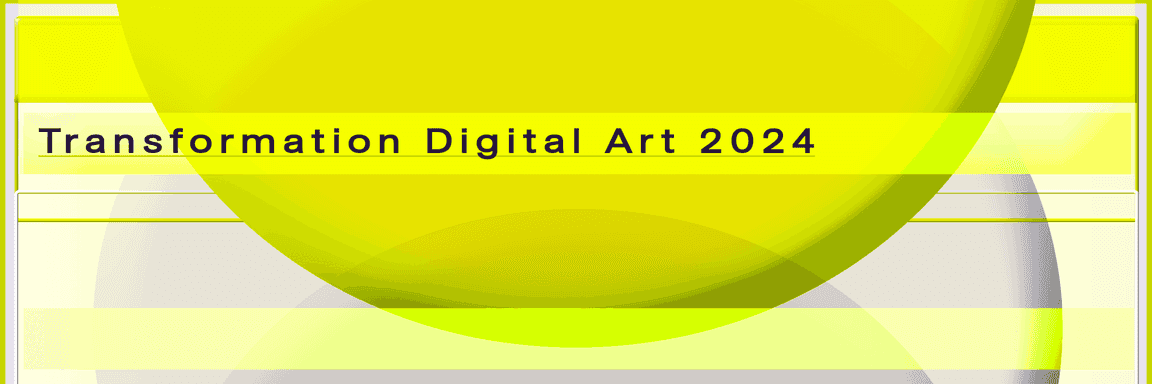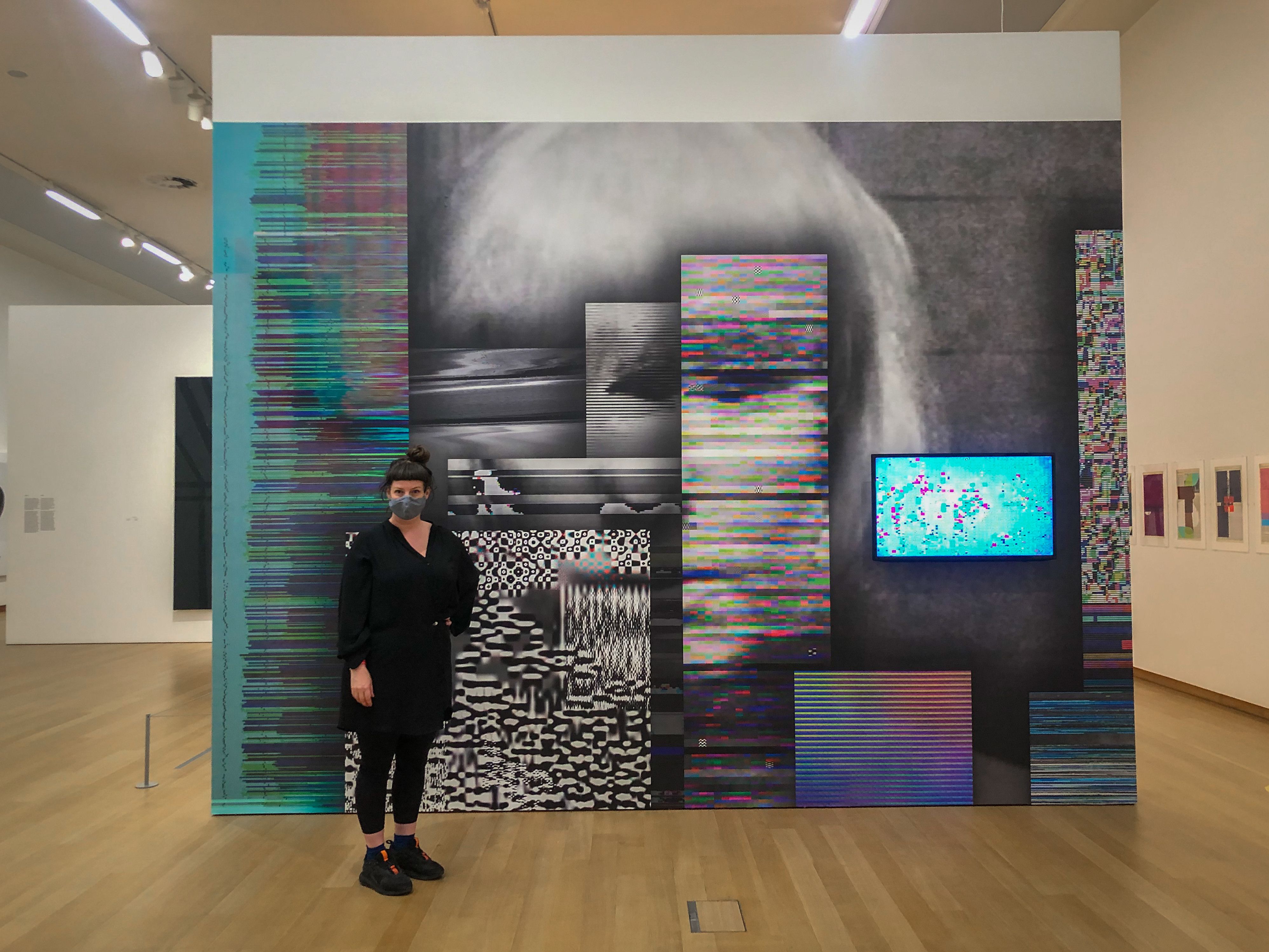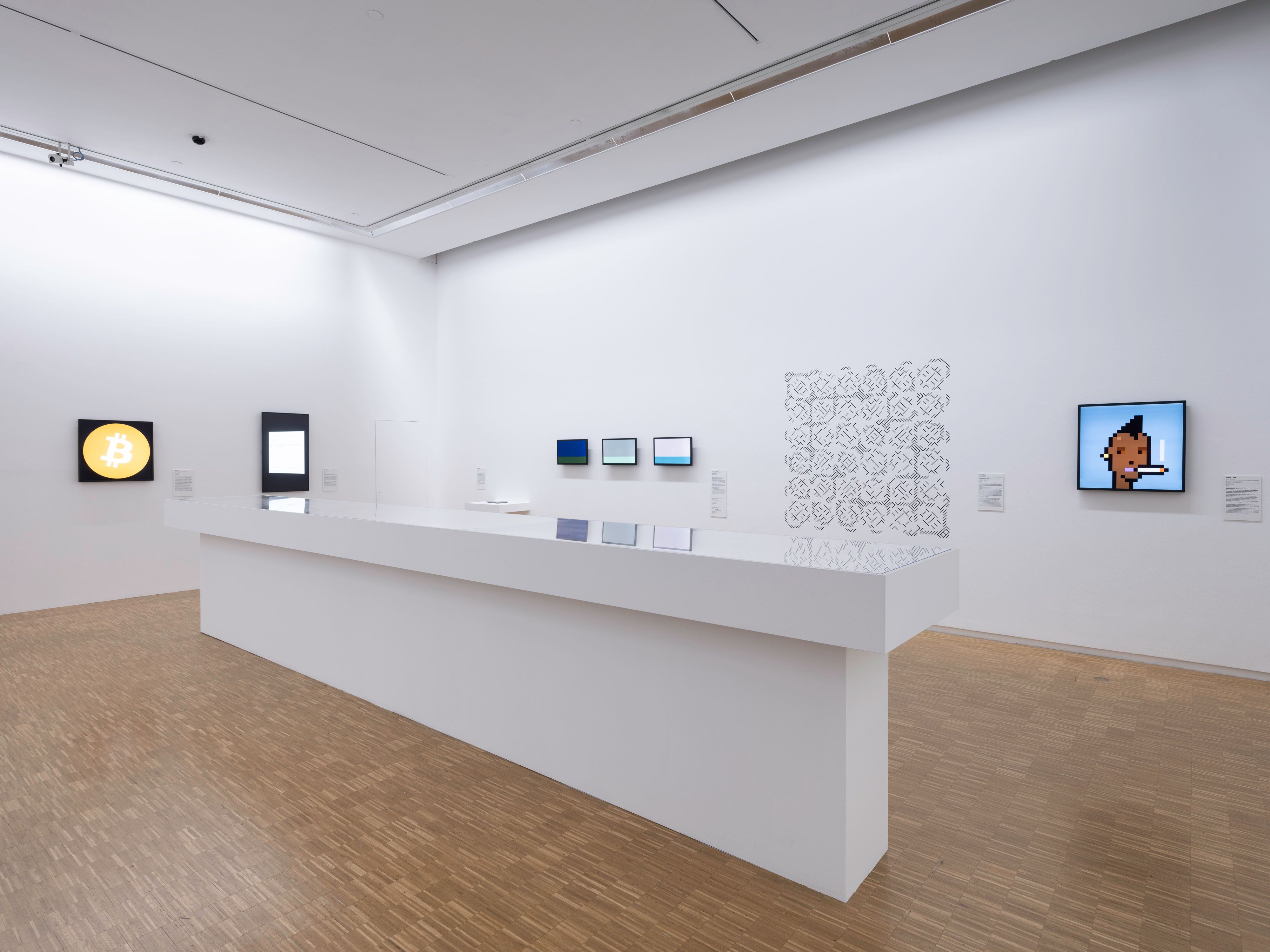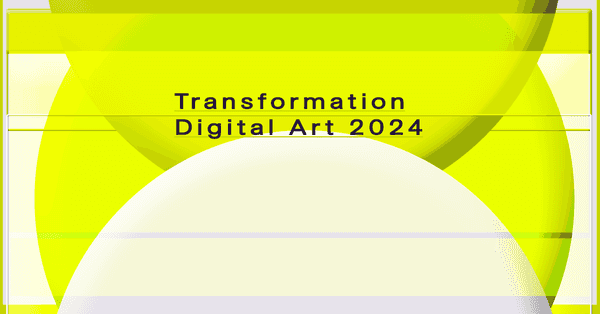
Transformation Digital Art 2024 | Day 2 (22 Mar)
Programme for Day 2 of LI-MA's eighth annual international symposium on the preservation of digital art.
Transformation Digital Art is LI-MA's annual international symposium on the preservation of digital art. This year it takes place over two days, at two different locations: Day 1 on Thursday 21 March at Nieuwe Instituut, Rotterdam and Day 2 on Friday 22 March at LI-MA, Amsterdam. Register for tickets now (more details here).
09:30 Registration & coffee at LI-MA, Amsterdam
10:00–12:45 On Practices and Politics of Legacy and Taking Care
Moderated by Gaby Wijers.
Gaby Wijers (director, LI-MA) – Welcome and introduction
Cornelia Sollfrank (artist & researcher, Zurich University of the Arts) and Lozana Rossenova (digital designer and researcher) – Hacking Memory Institutions: Old Boys Network Archive as a Prototype
Hacking as a form of caring seeks to improve systems, enhance security, and foster positive societal impact, demonstrating its potential for constructive and altruistic endeavours. Taking the notion of transformation as a starting point, this talk presents the case of the archive of the Old Boys Network, hosted at documenta Archiv in Kassel. Doing justice to a process-based artistic infrastructure that has involved over 180 people as a manifestation of organisational aesthetics is one aspect; the other is to reconcile the constraints of a major memory institution with the philosophy of Free Software and open access.
Ulrike Hanstein (director VALIE EXPORT Center Linz) – Caring for the Unique and the Vernacular: VALIE EXPORT’s Archive
Since the 1960s, artist VALIE EXPORT has been creating an extensive archive on her artistic and curatorial projects – much of which since 2023 has been openly accessible through the VALIE EXPORT Center Linz. Analysing these archival practices, Ulrike Hanstein asks, How can the artist’s archive expand our understanding of archival practices as a mode of action, and as caring labour?
Rosa Menkman (artist) & Karen Archey (curator, Stedelijk Museum Amsterdam) – Conversation on Conservation: A Vernacular of File Formats
In conversation with Karen Archey, Rosa Menkman discusses acquisition, preservation and presentation, including the decade-long journey of her work A Vernacular of File Formats (2010): an exploration of file format encoding and digital glitches, featuring a self-portrait in various compressed formats, that reveals the aesthetics of data organisation.

12:00–13:30 Lunch
13:30–15:30 How to Transfer Care? (parallel sessions)
Attendees may choose ONE of the following sessions, taking place simultaneously.
Re-Presentation and (Performing) the Archive
This session, moderated by Annet Dekker (curator & researcher, University of Amsterdam), questions how notions of performance and performativity operate in various acts of scoring, interpretation, command and execution – and how the nature of what persists and what shifts as scores are encountered each time anew. Gabriella Giannachi (professor, University of Exeter) discusses works by Marina Abramovićh, Lynn Hershman Leeson, and Blast Theory to consider what becomes of the re-performance, re-enactment, and re-interpretation of archival materials when AI is introduced into documentation. Anik Fournier (archivist and researcher, If I Can’t Dance…), David Gauthier (artist and theorist) and artist Martine Neddam discuss the legacy of Neddam’s seminal net art piece Mouchette.org (1996-ongoing), in which the figure of Mouchette continues to evolve as users co-write her life-narrative. Finally, Adam Lockhart (lecturer, DJCAD, University of Dundee) shows and discusses VR reconstructions of performances and studios: reconstructions of Charlie Hooker’s numerous site-specific installations and performances and Eduardo Paolozzi’s collages, printmaking and sculptures.
Preserving Interactive LaserDiscs: An Introduction to RF Digitisation
Among many different video disks developed in the 20th century, LaserDiscs were valued by artists for the creative technique of jumping to a specific frame in the video. In the case of interactive LaserDiscs, conservators must preserve not only the video but also the digital data enabling interactivity. Illustrating this, time-based media conservators Morgane Stricot, Matthieu Vlaminck (both at ZKM) and Ralph Michel run participants through LaserDisc technologies and the preservation of interactive LaserDiscs. They detail the digitisation process, software tools and use of the produced files for Lynn Hershman-Leeson’s Lorna (1979–84) – the earliest work allowing audiences to interact with the content of video – and other artworks in ZKM’s collection.

15:30–17:45 New Platforms for Art, Knowledge Exchange and Community Building
Moderated by Geert Lovink (researcher & lecturer, Institute of Network Cultures)
Philippe Bettinelli (new media curator, Centre Pompidou) – From the Blockchain to the Museum: A Case Study in Acquiring, Exhibiting and Preserving NFTs
In 2023, the National Museum of Modern Art at Centre Pompidou acquired an ensemble of blockchain-related works, including its first NFTs. In this presentation, Philippe Bettinelli addresses the many questions and challenges that arose during this process, how it differs from acquiring other new-media works, and the suitability of museums’ existing processes of acquisition and preservation.
New Technologies, New Friends?
What makes art and knowledge accessible? Both artists and researchers are attempting to break free from the power of commercial companies by creating independent platforms. Isabella Maund (education, mediation & communication, HEK) and Ugo Pecoraio (head of communications, HEK) present the creation of a blockchain-based circle of friends and events: Friends of HEK. Constant Dullaart (artist & professor, AdBK Nuremberg) discusses his own independent online platform Common Garden, in which are incorporated democratic and human values as spontaneity and humour: a more playful, unconstrained version of the internet. Finally, Florian van Zandwijk (researcher & designer) presents the platform for a new project at LI-MA: Living Media Art.
Images: (1) Rosa Menkman, A Vernacular of File Formats, c/o artist; (2) Exhibition view of Centre Pompidou's NFT acquisitions in the museum's permanent collection, Hélène Mauri.







